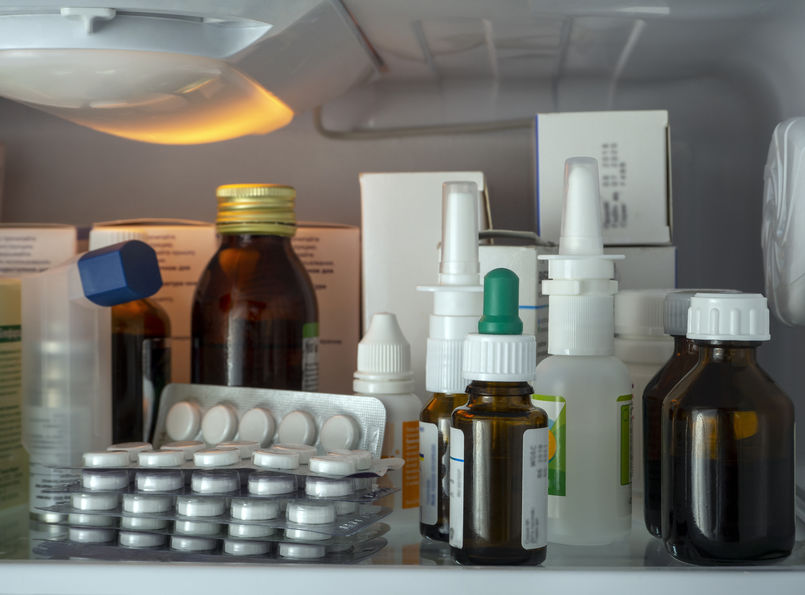Fertility Declines With Age
As a woman ages, fertility naturally declines. For some women, this decline can happen prematurely in the 20s or early 30s, while other individuals can get pregnant naturally later in life. Anti-müllerian hormone (AMH) testing can help determine how many eggs remain in the ovarian reserve. Empowered with AMH results, women can take charge of fertility and seek out assisted reproductive technology (ART) for help getting pregnant.

Clock is ticking
The term biological clock is often used to refer to the fact that pregnancy can only happen in a set period of time. Research shows that women under 30 have about an 85% chance of becoming pregnant after trying for at least a year. This chance of conception declines to 66% at age 35 and 44% at age 40, primarily because of aging ovaries and eggs. Women who are of advanced maternal age (AMA) are also more likely to experience miscarriages.
Understanding AMH
Anti-müllerian hormone is made in the body by the ovaries. In young, healthy females, AMH levels should be high, indicating a good supply of remaining eggs for ovulation and fertilization. AMH levels typically peak at age 25 and then slowly decline as a woman ages. In some cases, the decline happens sooner than expected, leading to primary ovarian insufficiency.
Testing AMH levels
If infertility is suspected, an AMH test can be ordered. The blood work results can help women make an informed decision about future pregnancy plans. A result of 1-3ng per mL is considered average. Under 1.0ng per mL is low, and 0.4ng per mL or less is usually considered severely low. AMH results provide information about the number of eggs remaining and whether the ovaries are aging quicker than expected. The test can also help determine how likely in vitro fertilization (IVF) is to work, with higher AMH correlating with better chances of conception.
Timeline to pregnancy
Women under 35 who have tried to get pregnant without success for at least a year should be seen for a fertility evaluation. For women over 35, the timeline is often much shorter, and a referral can usually be made after 6 months of trying to conceive. Regardless of age, a doctor may also recommend IVF if a low AMH level is noted at any age. With this procedure, the woman is given fertility medication to stimulate egg growth. The mature eggs are then retrieved and combined with a sperm sample in the lab to create an embryo. The resulting embryo is transferred back into the uterus, and the patient can test for pregnancy about 2 weeks later.
The intersection of AMA and AMH
Although AMH testing can indicate how many eggs remain, the test does not provide information about egg quality. In some cases, women with low AMH can go on to conceive naturally, while other individuals will need to seek out IVF treatment. Older age makes the decision more complex, as fertility treatment is often required for women over 40 regardless of current AMH status. Seeking a qualified opinion from a fertility specialist can help women explore all the options available and make an informed decision.







